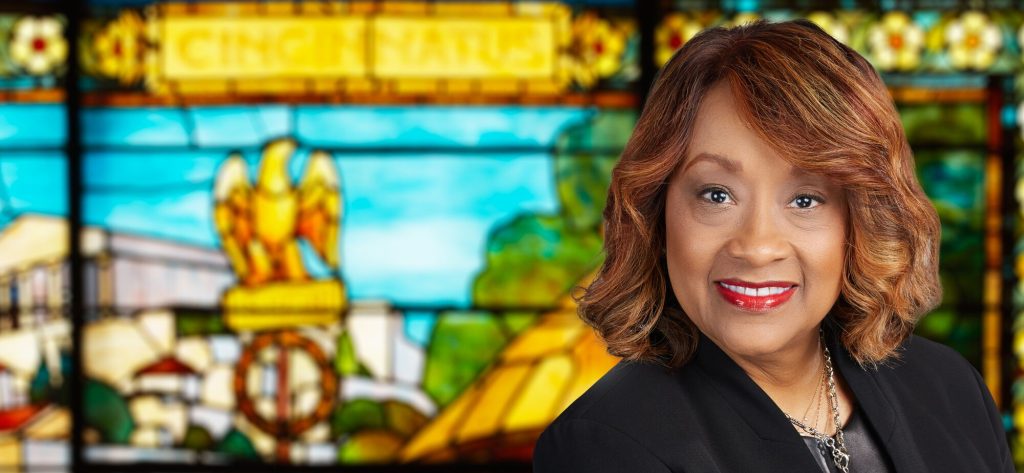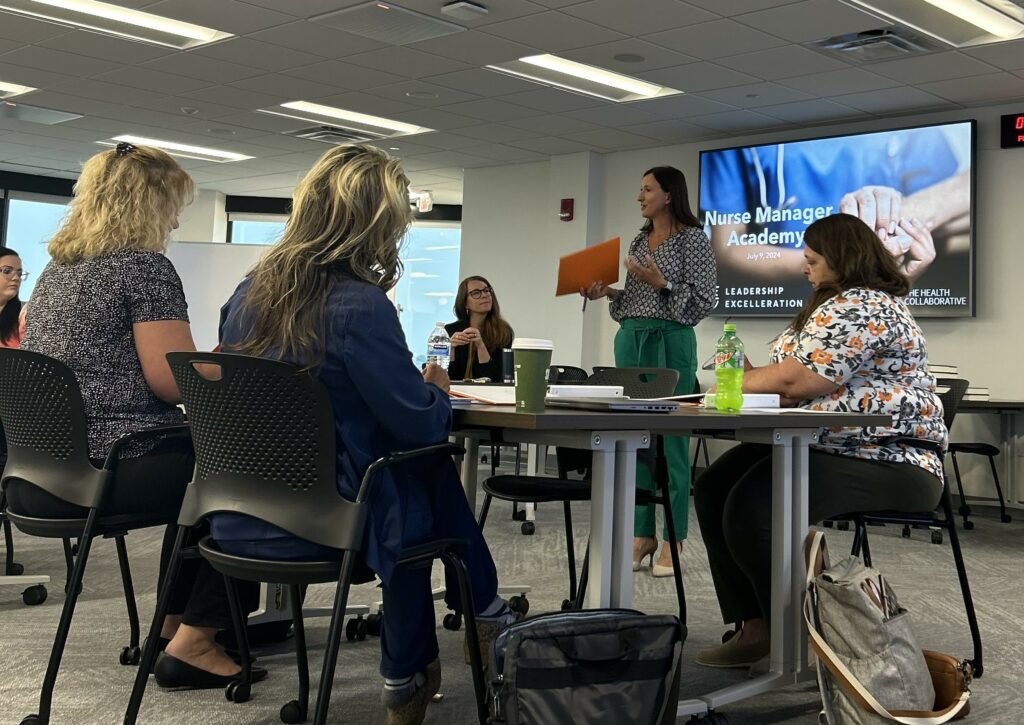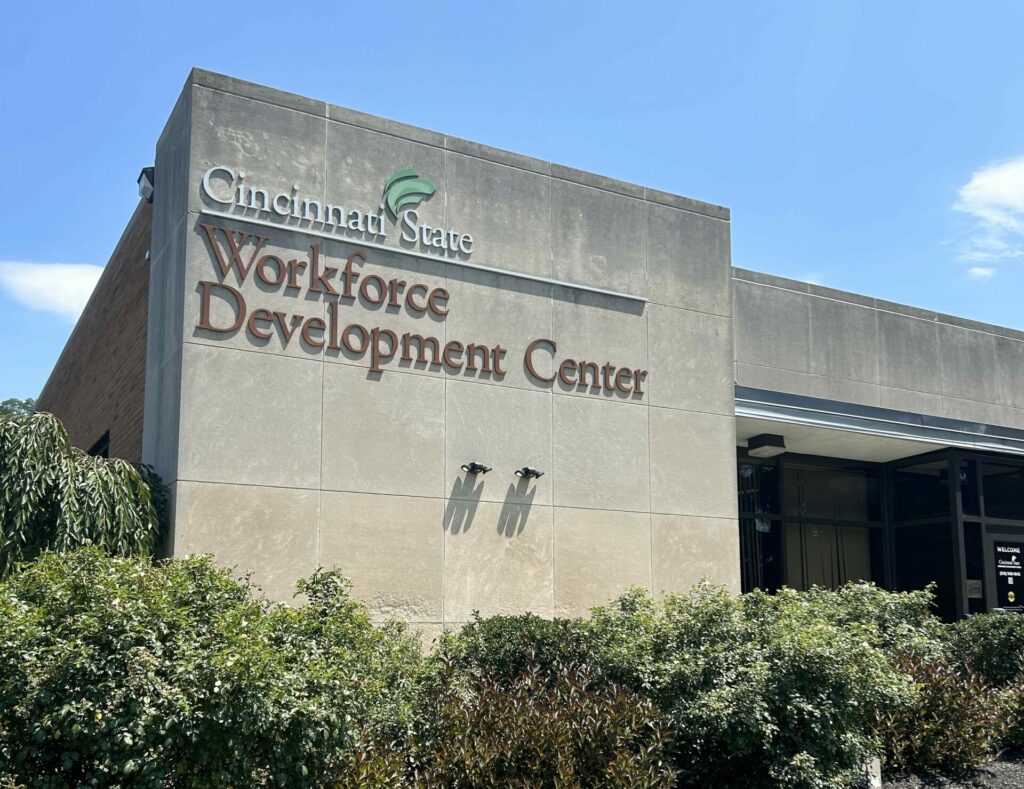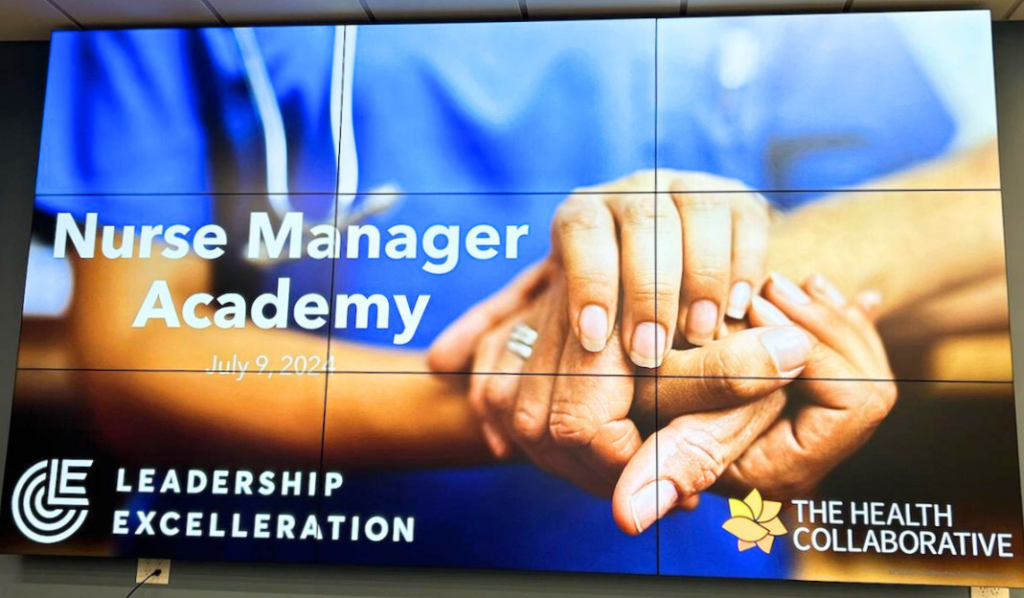Melba Moore, DBA, MS, CPHA, is the Health Commissioner for the City of Cincinnati.
A Certified Public Health Administrator with emphasis in Health Management, Commissioner Moore has served in government from 1990 to 1996 as the Coordinator of a Genetics Program, and 2001 to 2018 as the Director/Commissioner of Health in the City of St. Louis, MO.
She is an advocate for women, children, and vulnerable populations, and lectures nationwide on health disparities. We asked Commissioner Moore for a few minutes of her time to talk about her work, and how the pandemic has brought community priorities into focus.
Q: Hello, Commissioner Moore! Let’s begin with the basics: what do you do? What parts of your profession are you most passionate about?
A: I’m Health Commissioner for the City of Cincinnati Health Department. I came to Cincinnati in August three years ago, after having served with longest-serving mayor in St. Louis for 17 years as Health Commissioner.
My passions are women & infants services and working with community partners. I am a community person, I love working with the community and being an advocate. When someone talks about biases, I always look for ways to make things better. I’ve worked with developmentally disabled children and adults before, and just walking with them, recognizing how people want to be treated – especially seniors; we need to have services for people who feel they have paid their dues and I take the time to talk with people. It happens at all levels, volunteers who come in to work with us and describe to them what the day will be like, making sure they are treated with respect, is so important. Let’s stay connected and make sure everybody [is] privileged.
Q: What role do you play in the region’s response to COVID-19?
A: As commissioner, your role is visionary & planner, then your team executes. I see my role as connecting dots, bringing people together, planning and working with community partners, in leading rollout effort in vaccines. Earlier in the pandemic I worked on the [Ohio] Governor’s minority health committee, addressing challenges with accurate data and reporting out accurately. We knew that African-Americans had a disproportionate burden of disease, so it is important in public health that data guides decision-making. If people are dying, where? Who? It’s important to refer back to data reporting.
“We knew that African-Americans had a disproportionate burden of disease, so it is important in public health that data guides decision-making. If people are dying, where? Who? It’s important to refer back to data reporting.”
My role is to have a voice at the table with other health commissioners to move forward in describing, planning, and execution; and a voice at the table with health systems to avoid overlap and be a good steward of resources that we receive. Partnerships such as UC Health – it’s about connecting the dots, not working in isolation or silos. You have to work together and you have to have buy-in to the plan.
Q: Why do you think our region has thus far been successful in managing the pandemic?
A: The success we’re experiencing is due to Collaboration and Partnership Planning. Tweaking the plan for continuous improvements so we can get more people vaccinated.
Q: Where do you think we have opportunity to improve?
A: I was just on a call today looking at the maps – the burden of the disease in COVID cases. That’s where we’re going in to make sure we have plans/planners with us to make sure people get vaccinated in those areas. Being nimble, being innovative, relying upon multiple strategies but letting the data guide decision-making.
Q: What are some of the positives you predict will come out of the pandemic? Specific to medicine and healthcare?
A: People getting vaccinated. The need to invest in public and the infrastructure. We’ve known for years that it should happen, this brings forth that it should happen sooner rather than later. It reinforces the standardization in public health to be accredited, working in partnership with community. There’s a role for community and professionals to play when it comes to taking down the walls of silos.
Q: How do you see healthcare/medicine changing over the next 5-10 years?
A: More enhanced technology and research. Cincinnati is fortunate to host clinical trials here. I think we’ll also see more involvement in the healthcare workforce. Pre-COVID, we wanted to expand mental and behavioral health services and workforce, and have been working with schools in STEM curricula to engage students and more minorities. Thinking about the future, we want to be mindful of who is in the room and who has opportunities.
Q: How do you spend your time when you’re not fighting a pandemic?
A: My hope and desire is to get herd immunity and get people vaccinated so I can go home and see family in St. Louis and travel out of the country – I’ve been to India, France, the Caribbean. I work hard and believe in the concept of working hard & playing hard! When I vacation I learn, experience another culture, take it all in. It’s been a while since I’ve been able – I came to Cincinnati while finishing up my doctorate in October 2019 and stood up [COVID] incident command in March 2020. I am thankful for the training I received after 9/11 in St. Louis, it has helped me be nimble and have a sense of urgency. It gives you that framework to work within manmade circumstances. I also have not had time to be active with my sorority, Delta Sigma Theta. I want to get back there.
Q: Favorite vacation spot or trip you’ve taken?
A: It was a learning tour that I went on in East India, I really enjoyed seeing another part of the world. The people were so warm & embracing, they had so little but had so much.
Q: Anything else on your mind that you’d like to share with our audience?
A: “To whom much is given, much is required” from scripture. I am thankful for my parents grounding me in my Christian beliefs. I’m here to serve my community.
My father worked for a congressman for 24 years, so giving back and social justice are important and engrained in me. Someone described me as “not tolerating foolery a lot” and that is so true. I have had to be steadfast in leading an organization to address the many challenges. You must have a sense urgency because tomorrow is not promised. You have one opportunity to make an impression: Let it be a good one.






